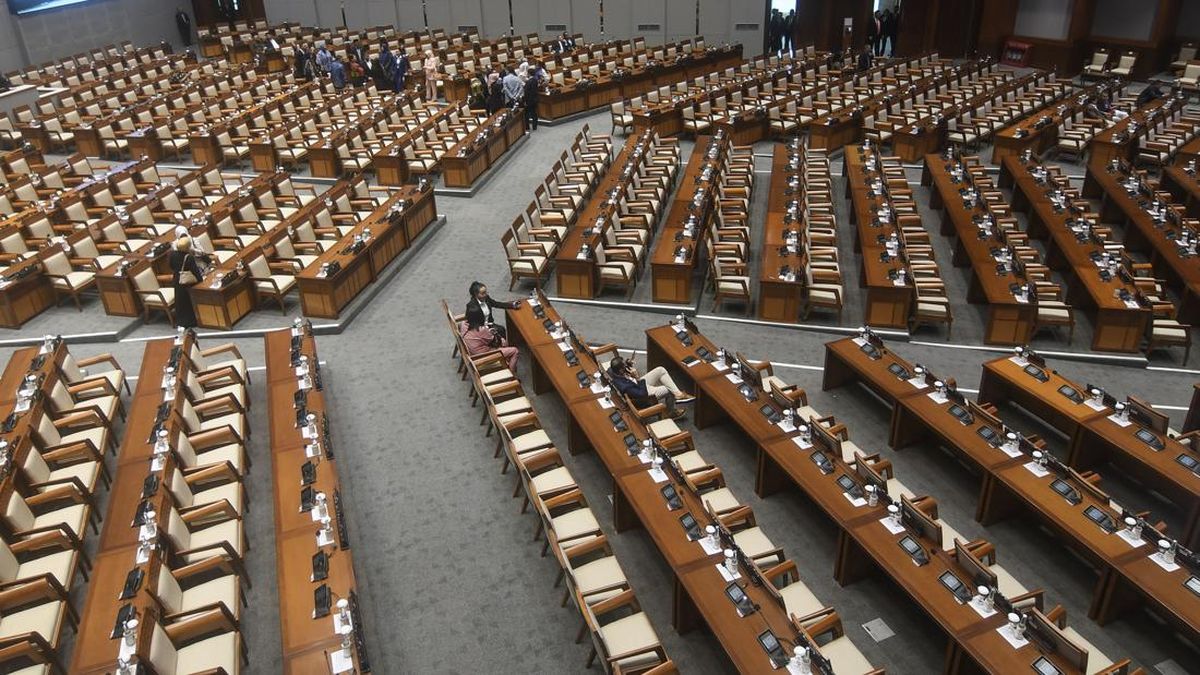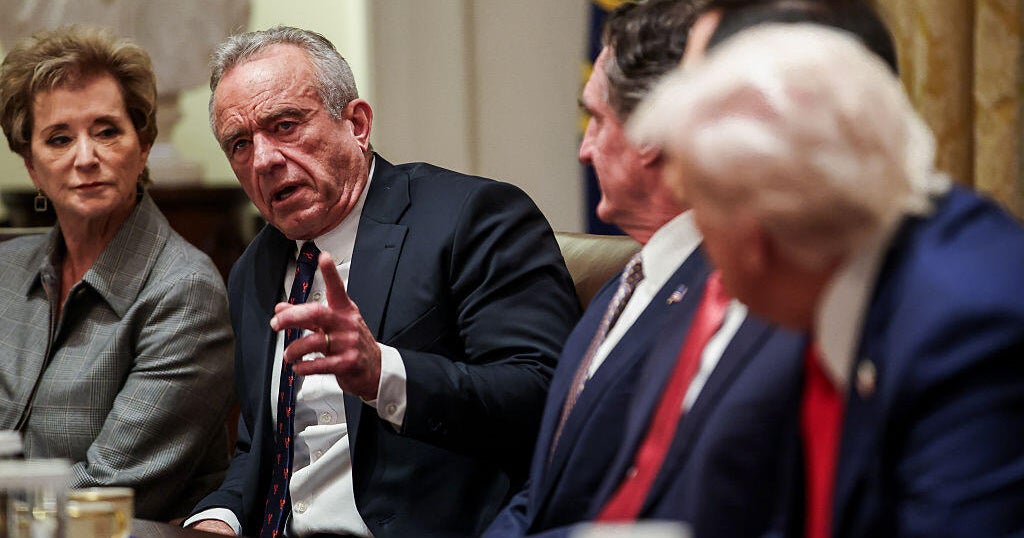Shaimaa Khalil
Tokyo correspondent
Reporting fromJapan
Kelly Ng
BBC News
Reporting fromSingapore

 Reuters
Reuters
Sohei Kamiya, who launched Sanseito in 2020, has threatened that Japan would become a "colony" if it did nothing to "resist foreign pressure"
For three years, a once fringe opposition party held just one seat in Japan's 248-seat upper house.
But on Sunday, Sanseito emerged as one of the biggest winners of Japan's election - walking away with 14 seats.
The party was born in 2020 during the Covid-19 pandemic, where it gained prominence with YouTube videos that spread conspiracy theories about vaccinations.
More recently, it has built its platform on a nationalist "Japanese First" agenda, warning against a "silent invasion of foreigners".
Sanseito's rise in popularity reflects growing unease over immigration and overtourism - issues the ruling government also sought to address with a new committee it created days before the election.
But do these gains signal an enduring shift to the right in Japan?
What is the 'Japanese First' policy?
Launching in early 2020, Sanseito gained attention among conservatives with its series of YouTube videos centred on anti-vaccine and anti-masking rhetoric.
It won its first seat in the upper house in 2022, following a campaign in which it fashioned itself as an "anti-globalist" party. Supporters at rallies spoke of a world where a cabal of globalists and financial institutions were conspiring to lord over powerless citizens.
In its recent campaign, the party made populist pledges such as consumption tax cuts and an increase in child benefits. But it's been most well known for its nationalist "Japanese First" platform rallying against immigrants, with its leader Sohei Kamiya previously saying that he had drawn inspiration from US President Donald Trump's "bold political style".
Sanseito's promises have won it the support of young conservatives online - cutting into the ruling Liberal Democratic Party's (LDP) conservative support base.
The weekend's election result also underscores voters' frustration with the LDP's leader and Prime Minister Shigeru Ishiba, who has struggled to inspire confidence as Japan struggles against economic headwinds, a cost-of-living crisis and trade negotiations with the United States.
Jeffrey Hall, a lecturer in Japanese Studies at Kanda University of International Studies, says support for more right-wing parties had drawn conservative voters away from the LDP.
"Prime Minister Ishiba is considered not conservative enough by many supporters of the former Prime Minister [Shinzo] Abe," he says. "They think that he just doesn't have the nationalistic views on history, he doesn't have the strong views against China that Abe had."
Instead, voters are turning to Sanseito and other opposition parties to "vent their frustrations and show the LDP they will pay for turning away from the conservative ideals the party once stood for", says Rintaro Nishimura, an associate at The Asia Group's Japan Practice - naming the bill that was passed under Kishida to promote LGBTQ awareness as an example.
"The success of [opposition parties in] this cycle shows that voters are sick of the status quo establishment politics," he says.
This was also shown in the votes for another small opposition party, the centre right Democratic Party For People, who won 16 seats in Sunday's election - a big jump from its previous 5 seats.
But for Sanseito, despite its gains this election, it still falls short of the minimum number of seats required to submit budget bills in the upper house. And in the more powerful lower house, it holds just three seats.
Who is Sohei Kamiya?
Kamiya, 47, was at one point of his political career a member of the long-ruling LDP. During the 2012 general election, the party's then-president Shinzo Abe personally campaigned on his behalf - though he eventually lost the race.
Kamiya launched Sanseito in March 2020, and was the party's only candidate to be elected into the upper chamber in 2022.
The former Self-Defence Force reservist has openly credited Trump for shaping his approach, and has railed against the political and financial elite.
Like the US president, Kamiya drew attention with his "often inflammatory and controversial remarks" on the campaign trail, says Mr Nishimura.
"His comments were spread across social media in a very well coordinated campaign," he says.
"Under globalism, multinational companies have changed Japan's policies for their own purposes," Kamiya said at a recent rally in Kagoshima. "If we fail to resist this foreign pressure, Japan will become a colony!"
Earlier this year, he faced backlash after calling gender equality policies a mistake, saying they would encourage women to work and prevent them from having more children.
When asked about the party's appeal to men, he said it might be due to him being "hot-blooded", claiming "that resonates more with men".
However, Mr Nishimura says that exit polls have showed that Sanseito's support did not come necessarily from just younger men, but that they received consistent support from across the working population, or those aged between 20 to 50.
There was a slant towards male voters, but not "disproportionately so", added Mr Nishimura.
Following Sunday's election, Kamiya vowed to secure "50 to 60 seats" in future elections so that "[the party's] policies will finally become reality".
He also appeared to try to walk back some of his earlier statements, clarifying in an interview with Nippon TV after the vote that his nationalist policy was not meant to "completely ban foreigners".
Why is there so much anger over immigration?
The number of foreign residents in Japan hit a record 3.8 million at the end of 2024. That figure marks an increase up 10.5% from the previous year, according to immigration authorities - but still makes up just 3% of the country's total population.
Tourist numbers also hit an all-time high of about 36.9 million last year, according to the National Tourism Organisation.
Sanseito has seized on the growing unease over immigration, blaming the ruling LDP for policies that have allowed more foreigners into the country.
Anti-immigration rhetoric often surfaces in countries dealing with a weakening economy, says Mr Hall.
"Misbehaviour and bad manners by some tourists" have added fuel to the fire, creating an impression of a "big foreign problem", he adds.
"[Sanseito] tapped into the frustration over immigration and the perhaps unwarranted feeling that immigrants were rising too much in number," he says.
Japan has traditionally been wary of immigration, but faced with an ageing population, the government had eased immigration laws in recent years in an effort to boost manpower.
Some Japanese people have been frustrated by the influx of foreigners and have blamed them for rising crime and inflation, among other things.
On Tuesday, less than a week before the election, authorities set up a new committee aimed at easing citizens' concerns, pledging to shape a "society of orderly and harmonious coexistence with foreign nationals."
But it now appears to have come too late - and Sanseito's ascent may signal a turning point in Japan's political landscape.
"I think for years now, people said Japan doesn't have a populist right, or doesn't have a populist far right," says Mr Hall. "But I think [the result] has proven that there is a possibility for this to happen in Japan, and it's probably here to stay."
However, Mr Nishimura notes that it has been "notoriously hard" for populist parties to firmly establish themselves as a presence in Japanese politics because of the "fickle" electorate.
"If they see that a party they supported isn't living up to their expectations, they will revert to the established choices or move onto newer alternatives."

 2 months ago
21
2 months ago
21

















































